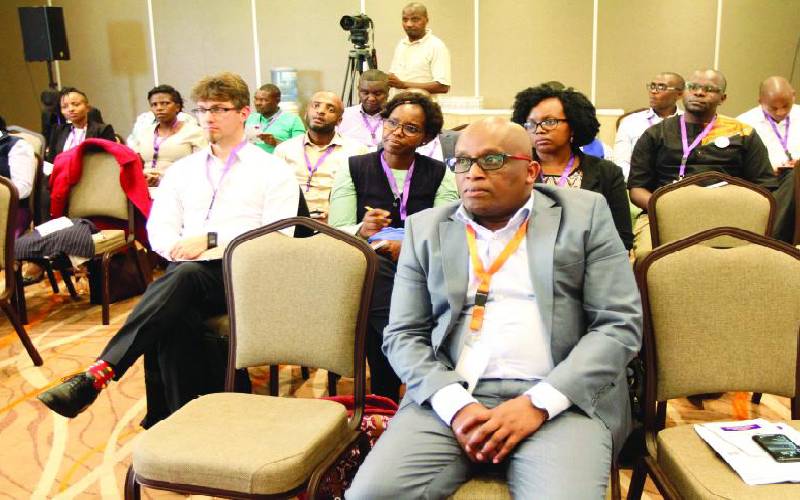×
The Standard e-Paper
Stay Informed, Even Offline

Project planning and management professionals have offered to work with universities to build the curriculum and mentor students to make them more valuable and ready for the job market when they graduate.
The Project Management Institute (PMI) Kenya Chapter says there is currently a huge gap between the college training and skills set required by potential employers, especially for project managers.